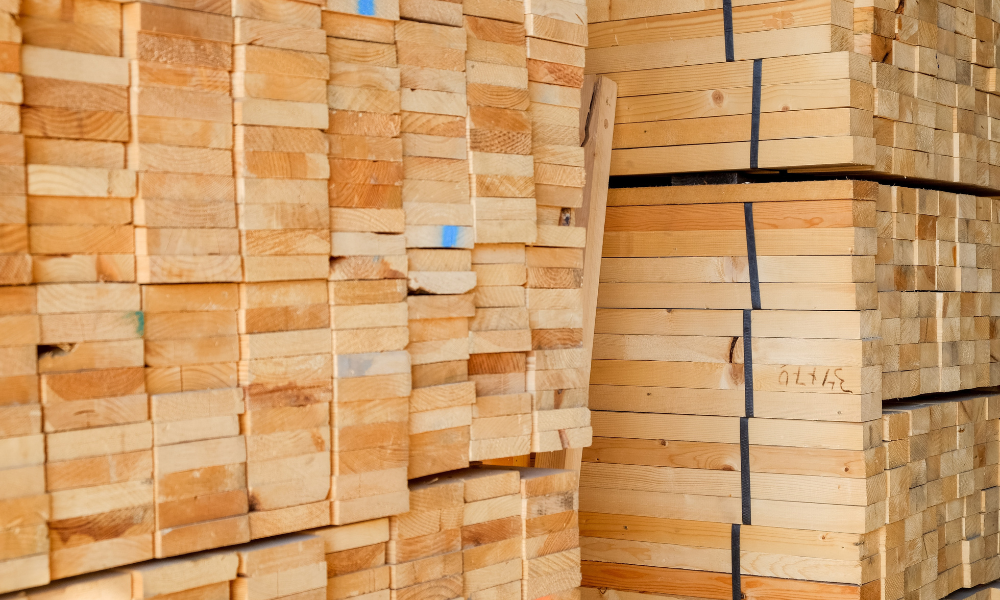Tariffs and pricing spark disagreement between key lumber industry voices

The National Association of Home Builders and the US Lumber Coalition are at odds over what is contributing to the slowdown in the US housing market, as lumber once again becomes a focal point of the national economic discussion.
FOX Business reported that the NAHB attributes part of the housing market slump to the volatility of lumber prices and ongoing uncertainty around tariffs. Canadian softwood lumber, which comprises approximately 85% of American lumber imports and nearly 25% of the total US supply, is currently subject to a 14.5% anti-dumping and anti-subsidy duty. This rate may increase later in the year to almost 35%.
Tariffs and timber
“I share President Trump’s desire to create fair and balanced trade across our borders, certainly would bring back as much production as we can,” NAHB CEO Jim Tobin said. “But until we do that, and it will take years and millions of dollars of investment, we need to make sure that we have a reliable, affordable source of lumber.”
However, the US Lumber Coalition disagrees with the NAHB’s interpretation, arguing that lumber prices have dropped significantly and are not responsible for the decline in housing affordability. According to FOX Business correspondent Kelly Saberi, the random lengths framing composite price fell by 67% between May 2021 and April of this year. As of May 23, the price stood at $442 per 1,000 board feet, based on NAHB data.
Despite this, the average cost of a new home rose by 21% over the same period.
“Everything from regulatory costs to the cost of land and, quite frankly, also the cost of home builder profitability rates that have gone up, those are actually the driving forces of home affordability,” noted US Lumber Coalition executive director Zoltan van Heyningen. “Lumber just isn’t one of them.”
The coalition also expressed criticism of Canadian industry practices, stating that “ongoing unfair trade practices” have harmed US lumber producers, workers, and communities reliant on forestry.
Local impact, national trends
Meanwhile, domestic lumber businesses report mixed effects. John Kalabich, owner of Acme Lumber in Chicago, told FOX Business he maintained steady prices over the past year due to the Canadian lumber duty. Still, contractors have noted a decline in demand for both small repairs and large construction projects.
Federal data reflects broader trends. The US Census Bureau reported that single-family housing starts in April fell by 2.1% from March to a seasonally adjusted annual rate of 927,000. Sales of new single-family homes totaled 743,000, while existing-home sales reached 3.63 million.
What are your thoughts on the ongoing discussions surrounding softwood lumber? Share your insights below.



